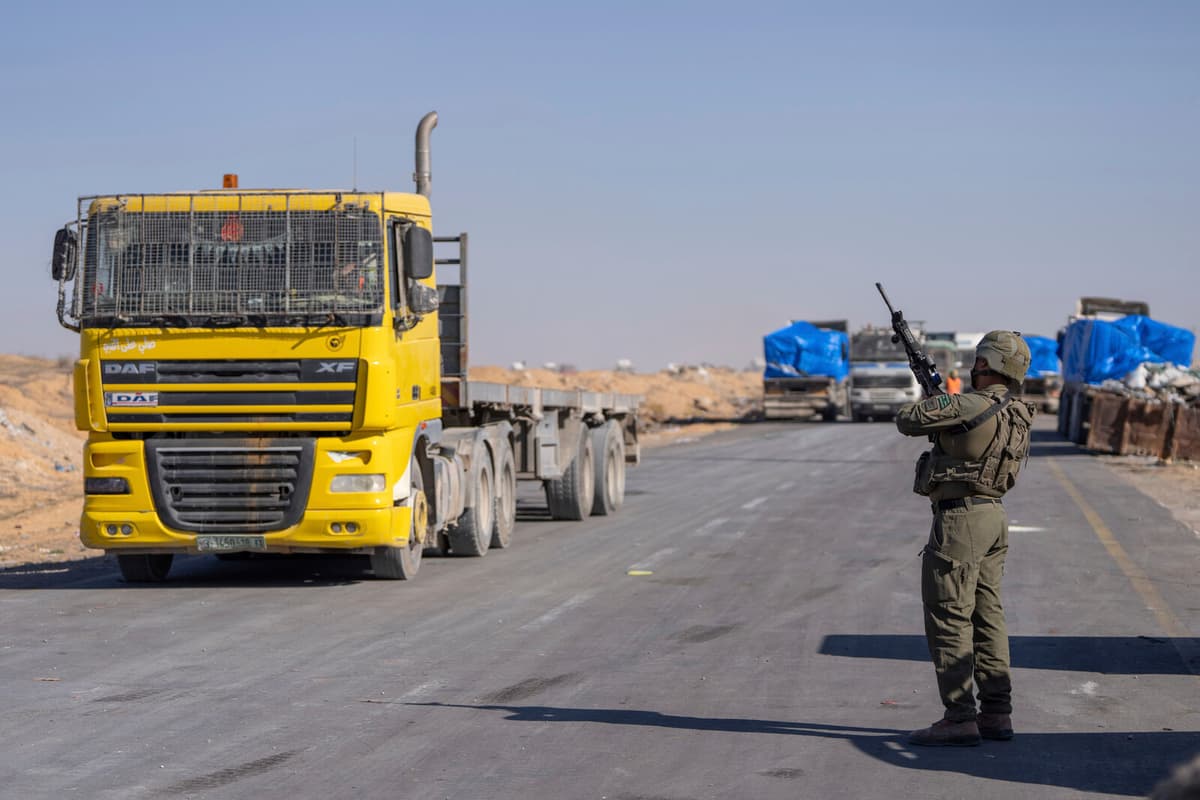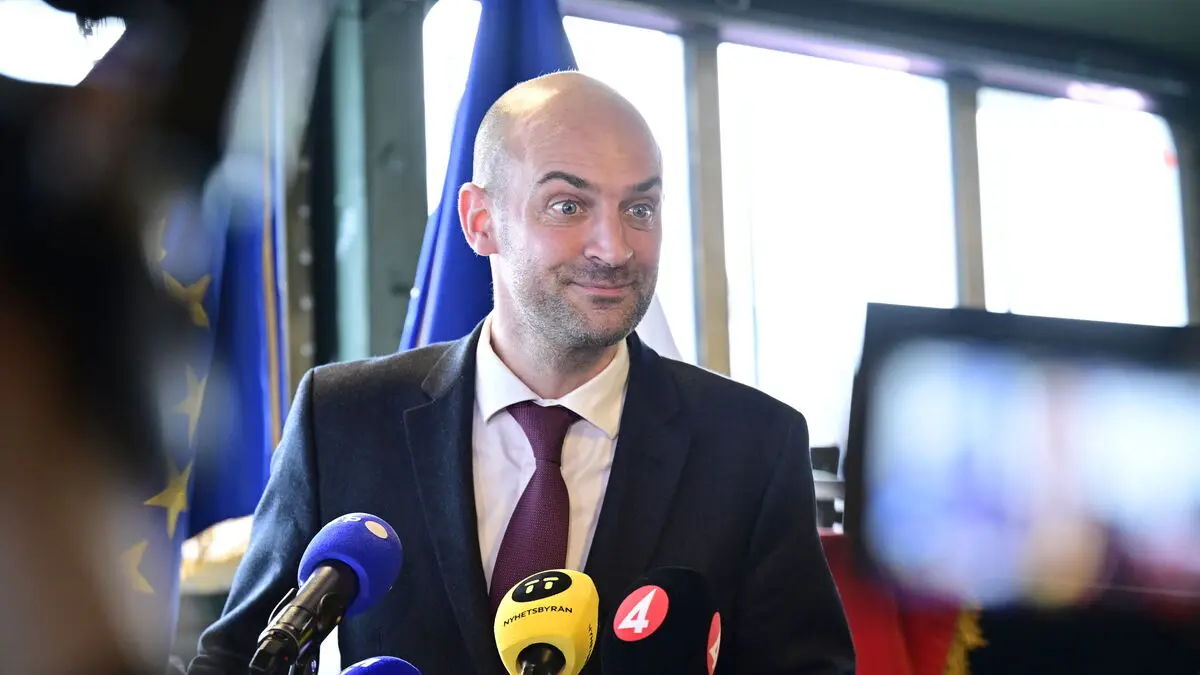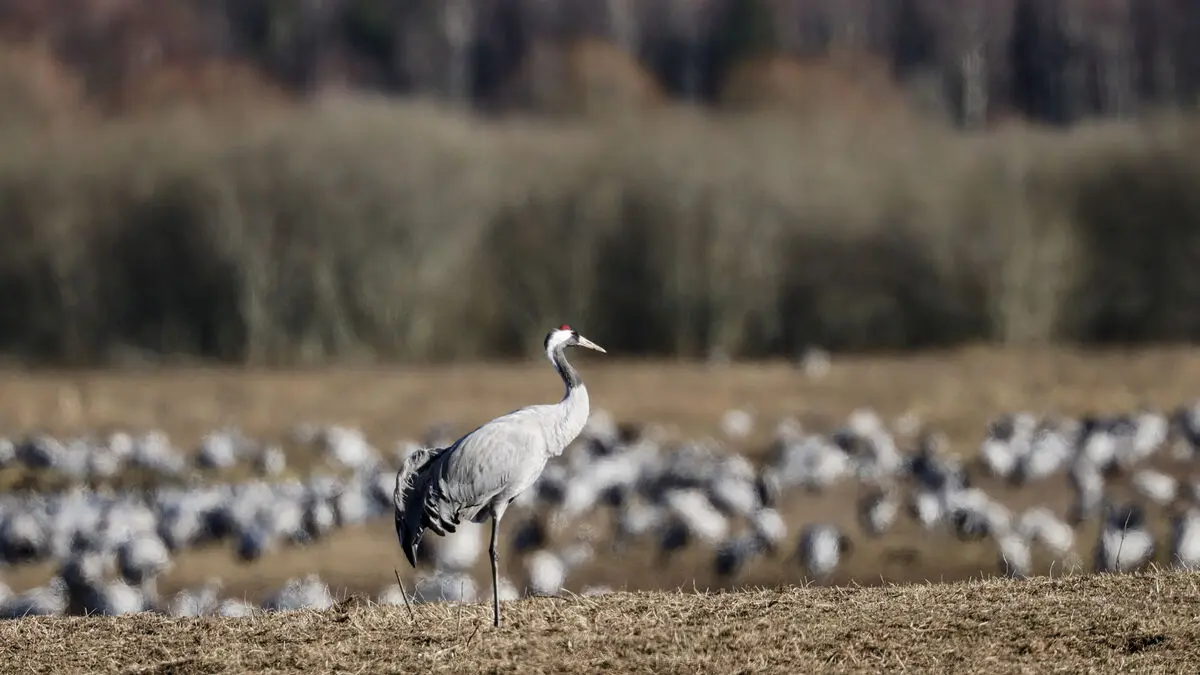During large periods of the war, only trickles of aid have been allowed in and could be distributed in the Gaza Strip. At the same time, infrastructure and crops have been largely destroyed, so hundreds of thousands of people lack food, clean water, medicine – yes, everything.
This is a ceasefire that should have come a long, long time ago, and which is really needed, says Abu Khalaf, who works for UNICEF in Jerusalem and is in constant contact with the operation in the Gaza Strip.
He emphasizes that much remains to be done before one can assess whether a stable situation will really be achieved now.
We need guaranteed, unhindered access to be able to deliver essential supplies into Gaza, on a larger scale and via all routes and border crossings.
It can also be about such basic, but resource-demanding, things as bombed-out roads.
The roads must be repaired, debris must be removed so that vehicles can drive there. There are several factors that must be fulfilled before people start feeling the effects of the ceasefire.
Supplies to send are available.
More is clearly coming, and we have UNICEF warehouses in, among other places, Egypt and Jordan, which are full of goods, and I assume the same applies to other UN agencies.
He is still not surprised that the Gazans have already started celebrating.
This is a sign of how much they need this.






